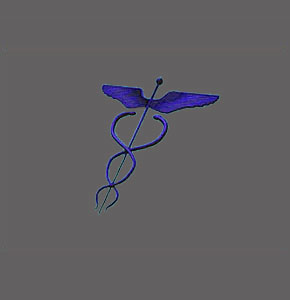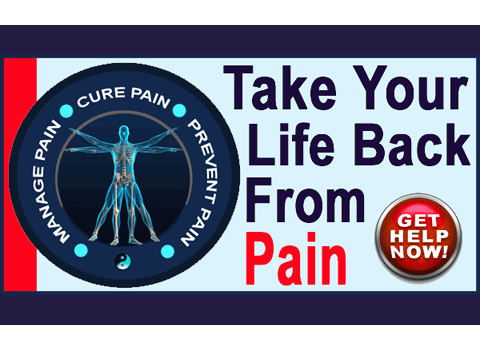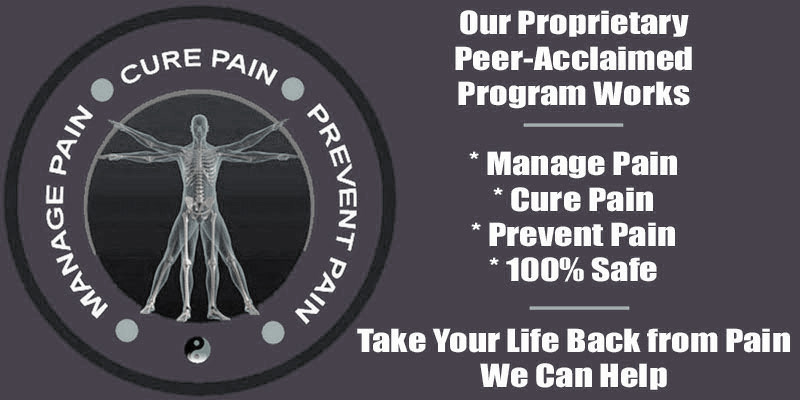
A spinal stenosis specialist is usually an orthopedist or a neurologist. However, some chiropractors also specialize in treating particular varieties of central spinal stenosis. Since stenosis has the potential to become a horribly symptomatic problem within the spinal anatomy, consulting with a specialist is always a good idea. In fact, leaving primary diagnosis and treatment up to a non-specialist might be one of the least enlightened things a patient could ever do.
We highly recommend that any patient who is suspected of suffering from central stenosis, or is positively diagnosed with vertebral canal narrowing, should seek evaluation of the condition by a specialist in the field. However, since specialists come in several different healthcare focuses, even finding the ideal doctor might be a complicated endeavor for many patients. This editorial helps patients to decide on a specialist for treating their spinal stenosis using conservative or surgical methods of care.
Orthopedic Spinal Stenosis Specialist
Being that stenosis involves alterations to the spine itself, orthopedists are well qualified to provide treatment for virtually any structural change in the vertebral column that leads to symptomatic expression.
Orthopedists might also be orthopedic surgeons. These types of doctors most often focus on one or more areas of the musculoskeletal system, although many general orthopedic practitioners do exist. The spine is just one of these possible practice specialties.
Orthopedists are well suited to provide many types of stenosis care, since they are experts in the spinal anatomy. Orthopedic surgeons often perform many delicate operations of the vertebral column as normal practice functions. Orthopedists are ideal for treating many stenotic concerns that originate from certain causative spinal issues, including scoliosis, lordosis and kyphosis changes, as well as the common variety of stenotic change driven by the osteoarthritic processes.
Orthopedists might choose to treat stenotic alterations conservatively, using drugs and physical therapy. However, many serious cases of stenosis will be recommended for surgery, typically utilizing corpectomy or laminectomy techniques.
When narrowing the field down to orthopedic stenosis specialists, it is vital to find a physician with special training and real-world experience treating central canal impingement issues.It is not advised to consult with a general orthopedic practitioner or a spinal specialist who does not normally treat stenosis per se.
Neurological Stenosis Specialist
Neurologists study the nerves in the body and may focus on any area of the anatomy, including the overall central nervous system, brain or spine. For patients seeking stenosis diagnosis and treatment, finding a spinal neurology specialist is of paramount importance.
Neurologists may or may not be neurosurgeons, as well. When it comes to the spinal specialty, the majority of neurology professionals also perform surgical services, but this is not a rule.
Since spinal stenosis always acts on nerve tissues in order to cause symptoms, neurologists are expertly prepared to treat the condition using many possible methods of therapy. Conservative care usually consists of pharmaceutical treatment and many patients are also referred out to receive physical therapy. Surgical care practices mirror those used by orthopedic surgeons, with various types of laminectomy and corpectomy utilized to resolve problematic spinal cord and spinal nerve impingement.
Chiropractic Specialist
Some chiropractors focus their practices on helping patients with spinal stenosis, although very few could be called true specialists. This is because most chiropractors are general healthcare providers, fostering wellness in their patients, rather than focusing on treating specific health issues. Additionally, since many causes of spinal stenosis involve structural changes that can not be treated successfully without an operation, chiropractors are quite limited in the varieties of stenotic changes that can be effectively resolved.
For stenosis that is related to intervertebral disc pathologies, chiropractors have the best hope for offering effectual care. Chiropractic treatment for disc-related stenosis will usually entail the use of manual spinal adjustments, as well as one or more specialized therapies, such as Cox Technique or the use of a modern decompression therapy machine, such as the AccuSpina, DRX9000 or Antalgic Trak.
Chiropractic therapy offerings are usually less successful for stenosis that is motivated by arthritic changes within the central canal and for conditions that are caused directly by changes in vertebral column curvature or front to back vertebral alignment.
Consulting a Spinal Stenosis Specialist
When it comes to stenosis, we generally recommend using a neurology professional as the primary diagnostician and treatment provider. Since the effects of stenosis are seen on neurological tissue, neurologists are best suited for this difficult task. However, since the changes in spinal bones are the most common causes of stenosis, including an orthopedist in the treatment team is a great idea. In fact, many of the most successful stenosis treatment clinics are operated by a partnership between a neurologist and an orthopedist.
For patients with disc-related stenosis, who do not want to undergo a surgical fix, seeking spinal decompression therapy might be the best route. Although this treatment is offered by some physicians, it is the chiropractic profession that has embraced the potential benefits the most.
Just be sure that whatever care provider you choose has ample experience in treating your particular form of stenosis and can offer a positive prognosis for effective treatment.
Spinal Stenosis > Spinal Stenosis Treatment > Spinal Stenosis Specialist






